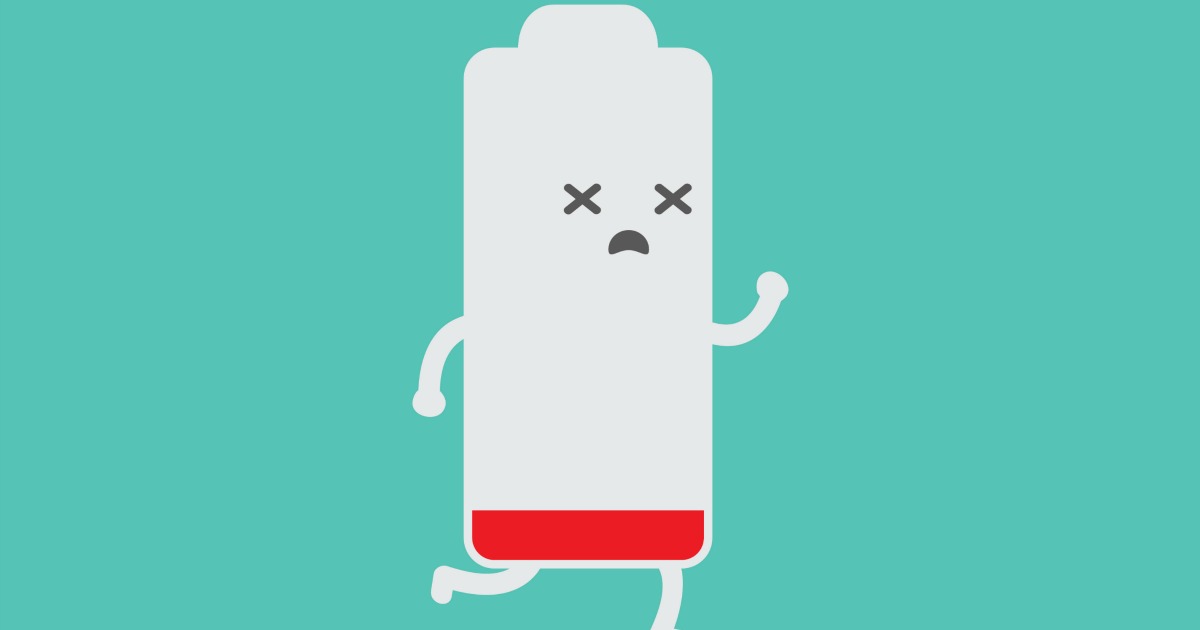Emotional exhaustion at work — i.e. work stress, burnout — is unfortunately fairly normative for a lot of white-collar, western-world workers. A lot of people have an unhealthy relationship to their work, see almost no work-life balance, and almost never take a vacation. If you threw a rock in the general direction of any website on the Internet, I bet you could find a story about this topic. These stories are usually entirely full of crap and take a few different forms:
- “How I Hacked My Job And Sailed Around The World For A Year”
- “The Ultimate Guide To Work-Life Balance”
- “Women Can Truly Have It All”
- “Beating Back Stress and Becoming Your Own Boss”
Some of these articles have good examples in them, yes. But by and large they are usually buzzword-laden bullshit that an average worker could never relate to. Remember a few years ago when Google’s CFO quit? People wrote articles about that for weeks. Here’s the problem: he was their CFO. One year his base was $22M, and don’t even get me going on what his bonus probably was. If you make a lot of money and are relatively wise about investing it, sure, you can take years off work. Nothing amazing about that. But is that possible for most people? No. And that’s where we need to begin on this idea of emotional exhaustion in the workplace.
The core problems around emotional exhaustion
Let me try and hit this one clean:
- Definitions and contexts around success: Typically very flawed and focused on material acquisition, not necessarily anything of quality.
- What matters in most jobs: … is semi-measurable productive output, as opposed to more value-driven collaboration approaches.
- And on the road to all this: … our hiring processes are usually iffy, job roles are unclear, everyone over-focuses on process, seemingly all projects are urgent, and you best be answering email at 11pm or you’re a slacker.
See how this could begin to create emotional exhaustion in people?
Capitalist models in a Knowledge Economy
We supposedly live in The Knowledge Economy now, although companies are kinda getting there slowly and still don’t really spend a lot of effort on training. I’ll gloss those over for now.
[Tweet “Many of us will burnout on work. So… now what?”]
Here’s an older Trello blog article called “Tales Of Job Burnout.” The article itself is kind of garbage. It’s mostly examples of rich people doing rich people stuff instead of working, which is infuriating. We do this in these articles all the time. It’s like “Oh, someone who already had means broke away from the shackles of work! They are a hero!” They’re not. They worked hard to get there and did what they wanted when they did. That’s good. But let’s not deify those who have more. Ain’t solving problems.
In the comments, there’s this gem:
The problem is that our economy and its rewards are dependent on the maximization of labor efforts. With employees taking sabbaticals and getting paid maternity leave and mental health days and not answering Friday 8PM emails Mr. CEO is not going to see the kinds of returns that will make the board award him a bonus juicy enough to bail and take a trip around the world. In a word “burnout” is just the normal effect of capitalist production on knowledge workers.
Nailed it.
So how can we reduce emotional exhaustion?
In organizations driven by KPI-humper managers who constantly scream “What’s measured is what matters!,” you have no shot. Emotional exhaustion and running in circles will be the norm.
As organizations continue to evolve, here’s what you need to reduce emotional exhaustion:
- Some sense of priority and awareness of what’s important
- Managers willing to work with you around those things
- “Thought partnership” as opposed to “thought leadership”
- A culture and people that understand the value of people and how people think about work
Work is extremely important to a lot of people, as a source of self-worth and more. For guys, this is probably often a bigger deal. We can’t sugar-coat this. Many people want to be seen as relevant, productive, and just “good” at work. To get there, they run themselves into the ground — burnout, emotional exhaustion — and often run others that way too, especially if they become a manager.
But the pathway to less emotional exhaustion isn’t a series of bullshit Medium articles about work-life balance “hacks.” It’s to acknowledge that emotional exhaustion and burnout are real problems, and somewhat emblematic of the overall system we constructed and called “work.” It’s real and it’s there. You can’t often avoid it. But we can be frank about what’s needed to reduce emotional exhaustion.
